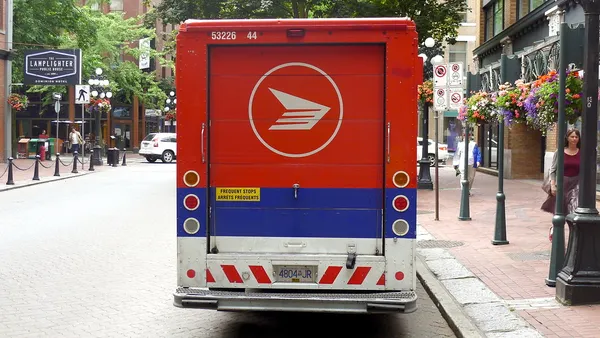Dive Brief:
- A collaboration between the UK's Close Brothers Brewery Rentals and U.S.-based MicroStar Logistics is now offering a transatlantic cold-chain controlled bulk transport service called beerQX, according to a recent press release.
- Previously, brewers compromised either quality or cost by choosing between two evils: using inexpensive plastic one-way kegs that failed to offer quality and reliability, or by using revenue-busting expensive stainless steel kegs that never returned.
- The new solution aims to provide craft beer shippers a roundtrip option for steel kegs through a dedicated fleet of reefer tankers, according to MicroStar.
Dive Insight:
The craft beer sector is growing fast and their supply chains are taking note.
The Brewers Association recently reported small and independent brewers now account for a 12% market share of the total beer industry, but a recent merger between Anheiser-Busch Inbev and SAB Miller left some concerned increased cheap-beer consolidation would lead to challenges for the craft beer sector.
Yet the main concerns were not about changing consumer preferences or even cheaper goods due to the merger, but over the large company's potential influence over distributors. Local production raises the value of craft beer, so it is essential that companies have a network of distributors to match demand.
As craft beer consumption has spiked over the past years, though, so have the challenges. In order to transport the beer more globally, plastic kegs began to be used. But while cheaper, these kegs also brought with them great risks — reports of explosions during transport or at breweries were not uncommon. The main issue was that the plastic versions could not handle as much pressure as the steel containers, so non cold-chain controlled vessel or air transport often presented problems, limiting the scale of distribution due to the potential losses.
Certainly, the two keg service providers' technology is not new — steel kegs have been around for a while. But their cross-border partnership focused on having a dedicated fleet for beer transport shows both the sector's growth, and the growing needs that correspond to it.













